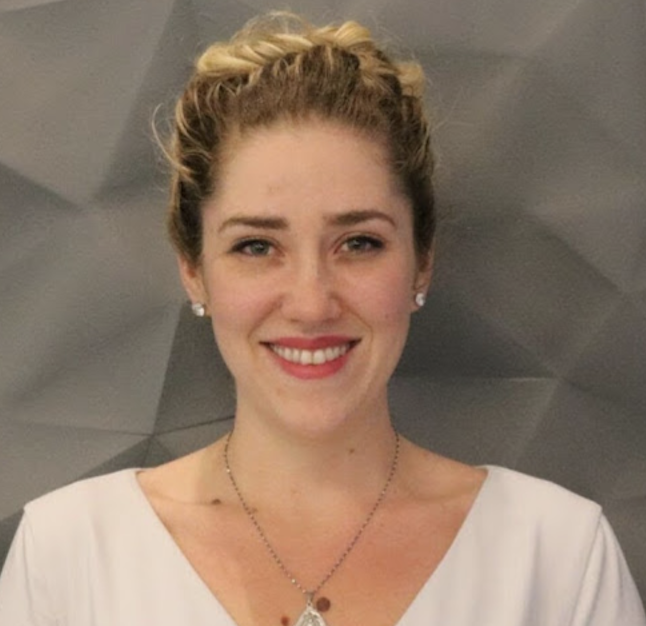California has long been a pioneer in caring for veterans. In 1921, it created a home loan program to help those who served in World War I—more than two decades before the federal VA loan existed. That single policy meant opportunity, dignity and stability for generations of veterans and their families.
That’s why Senate Bill 694, now before the California Senate, is so concerning. Rather than building on that proud legacy, it would restrict who veterans can turn to as they navigate the maze of the Department of Veterans Affairs by banning private consultants entirely, instead of regulating bad actors and placing safeguards so veterans don’t get scammed. For the 1.5 million veterans who call California home, this isn’t progress—it’s a step backward at the very moment when they need better options.
Having grown up in a military household in California, this is not just a policy issue. It’s a matter of values. My father was an Army Judge Advocate General officer who retired as a colonel, later serving as chief counsel for the California Department of Veterans Affairs. Three of my siblings wear the uniform. Service was never abstract in our home—it was the reality of deployments, relocations and sacrifice. Family culture became conviction: When service members come home, the state and nation must keep their promises.
My personal connection to service members expanded early in my professional life, when I worked in U.S. global military strategy at a Washington, D.C., think tank. I saw how my family’s experience was magnified by tens of thousands of service members deployed across the globe by air, sea and land—both during combat and when they returned home.
In my last job, the personal and professional mixed when I helped state and county governments integrate technologies to serve constituents. Working on a contract in Nevada, I learned about the tax benefits for service members and veterans in the state. Yet many families don’t know about or never use these benefits—not an “extra,” but something they earned—because the systems and processes are so complex that only insiders know they exist or how to navigate them.
And that brings us back to SB 694. Because if you think state taxes are complicated, try navigating the VA, where average appeal response times stretch as long as three years. The backlog of claims is more than 140,000, and just last year a report found that a sample of $100 million in improper payments included nearly $85 million in underpayments to veterans who qualified for 100% disability.
I’ve heard my father’s stories from his time with the California Department of Veterans Affairs: men and women waiting months or years for benefits, families ground down by appeals, veterans who gave everything only to be told to “come back later.” When I asked him about the problem SB 694 is trying to solve, he told me that CalVet has done tremendous work—but that veterans still need more resources.
“Over the decades, CalVet has done a great job servicing veterans with home loans, educational grants and other resources. However, the department has limited resources, especially with today’s calls for austerity. That’s why, even though I respect where the Veterans of Foreign Wars and other veteran service organizations are coming from, the simple fact is that veterans need more, not fewer, options.”
Dad’s right. Veterans need empowerment, not restrictions. In practice, SB 694 would trap families in the very system that has already failed them. We can—and must—do better.
If California truly wants to honor service members and build on a proud century of leadership, it should reject SB 694 and focus on reforms that expand access, preserve choice and empower families. That is the kind of leadership worthy of the state that once set the national standard for caring for those who served.


